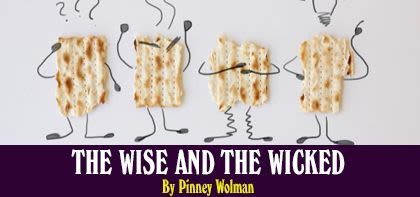
The Wise and the Wicked
Rabbi Brody said to me, “No matter who is right, he is the teacher, and you are the student. You must decide whether you can sit and accept what he says despite what you think…”

During Pesach Seder this year, the two sons from the Haggadah who I related to the most were the Chacham and the Rasha, the wise one and the wicked one. This was a result of an altercation I had earlier in the year. Here’s the story:
I had signed up to take a weekly hour-long class on a subject that was something I had some significant experience in myself and in which I was looking to take myself to the next level. The classes were going well. After each topic, the teacher would ask me for my thoughts and I’d give him my feedback, expressing my opinions when they diverged from the teacher’s. After several classes, I started getting irritated with my teacher. I noticed that he was cutting the classes short by several minutes and I started getting the vibe that he couldn’t wait to be done with each class.
Eventually, I had enough and decided to confront him about it. To my shock and surprise, he told me that I was rigid, argumentative and abrasive. As I’ve come to realize, I’m a pretty sensitive guy, and I didn’t take this feedback very well. I ended up calling him arrogant for his behavior and the phone call ended rather awkwardly.
This whole story didn’t sit very well with me for many days. Baruch Hashem, I was able to talk with Rabbi Brody on the phone about it. To keep a long story short, Rabbi Brody said to me, and I paraphrase, “No matter who is right, he is the teacher, and you are the student. You have to decide whether you can sit  and accept what he says despite what you think.”
and accept what he says despite what you think.”
Back to the wise and wicked sons. People often look at the wise son as inherently good, because he’s juxtaposed against the wicked one. I have a question: Why isn’t he called a Talmid Chacham, a wise student? I want to suggest that the Chacham is an Intellectual. He’s accepted the fact of a Creator because in his question, he says, “our God”. However, what he’s seeking to do is to understand Hashem’s Torah. He’s asking, what’s the reasoning behind all these rules and laws. We answer him that there is no dessert after eating the Pascal lamb. The Pesach offering represents the revelation of Hashem we experienced in the exodus from Egypt. But what’s dessert?
Dessert to the intellectual is the “chahp,” the “ah-ha” moment when he figures something out that was especially difficult, like a tough Talmudic reasoning. We’re saying to the Intellectual, in order to have a relationship with Hashem, in order to have Emuna, you need to have some humility. Your intellect might be high, but it’s not higher than the Almighty. You are not going to be able to understand everything in the Torah nor everything about why things happen in life. As Rabbi Brody says, “Where logic kicks off, Emuna kicks in.”
Now what about the rasha, who we call wicked? The Hebrew word rasha is made up of two parts: the Hebrew word “rash” which actually means poor the poorest of the poor. There is no level of poor below the rash. The other part of rasha is the Hebrew letter “ayin,” which means “eye.” So the literal interpretation of the word “rasha” is “one with the poorest eyes.”
I would like to suggest that the rasha is spiritually blind. He’s blind to himself, his thoughts, his speech, his deeds, his motivations for action. He’s blind to how his behavior affects others. When he asks his question in the Haggadah, he excludes himself from the community. How do we deal with someone who’s spiritually blind? We shock him. We give him a “punch in the teeth” by telling him that he wouldn’t have left Egypt if he was there. He would’ve been blind to his slavery and not willing to do what it takes to merit leaving Egypt: circumcision and the Pesach offering.
When it came to my behavior with my teacher, I was acting like an intellectual, not like a wise student. I was arguing with my teacher on many issues, concluding that my reasoning was the correct one, and lecturing him about my so-called understanding of the topic. My problem was that I was also a rasha, I was spiritually blind to my behavior. I thought he was the problem, not me. So what happened? Hashem arranged for me to get “punched in the teeth.” My teacher told me exactly how I’d been behaving and it was quite the shock.
Upon emuna-oriented reflection, the character defect I saw in him, arrogance, was actually my character defect! I arrogantly refused to accept what he was teaching as correct, despite the fact that if you would have asked me I’d have said his level was above my own.
This is perfectly in line with what Rabbi Arush teaches in The Garden of Knowledge about the 2nd rung of humility, which is when we are willing to put our ego aside in the presence of those who are greater than us. When I first read about that concept, I thought that of surely I have that humility. I see now that it’s not so simple. It’s one thing when the greater person says something that makes sense, it’s another thing altogether when it doesn’t make sense. It takes true humility to accept what we can’t understand as being true and accurate nonetheless. My ego wants to say that the information must not be correct but humility tells me that I just don’t understand.
I’m grateful for the experience I had with that teacher. It taught me a lot about myself and various character defects that I need to work on. I hope that in the future I will be able to put my ego aside and be a humble student. I pray that Hashem continue to pull back the blinders from my eyes and help me continue to improve myself and be a better human being every day.


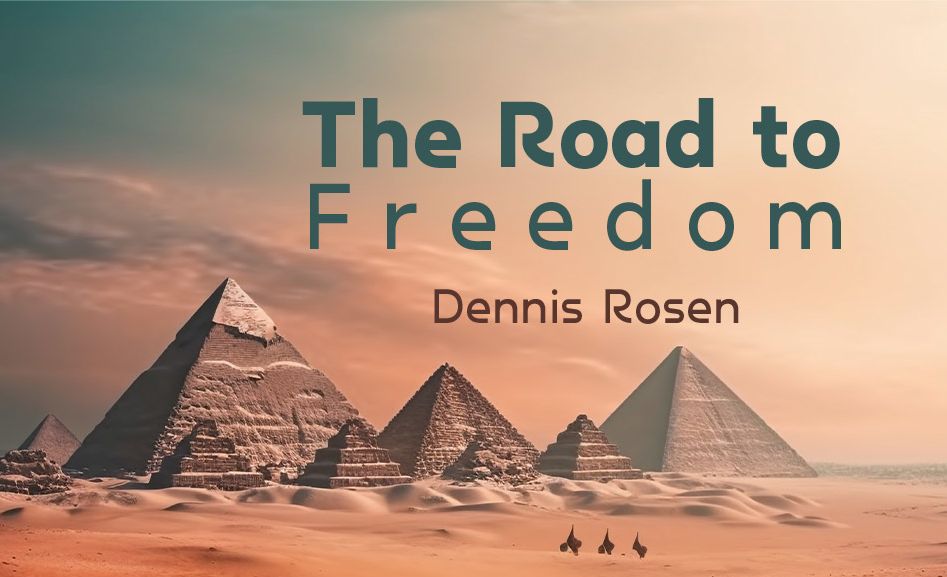

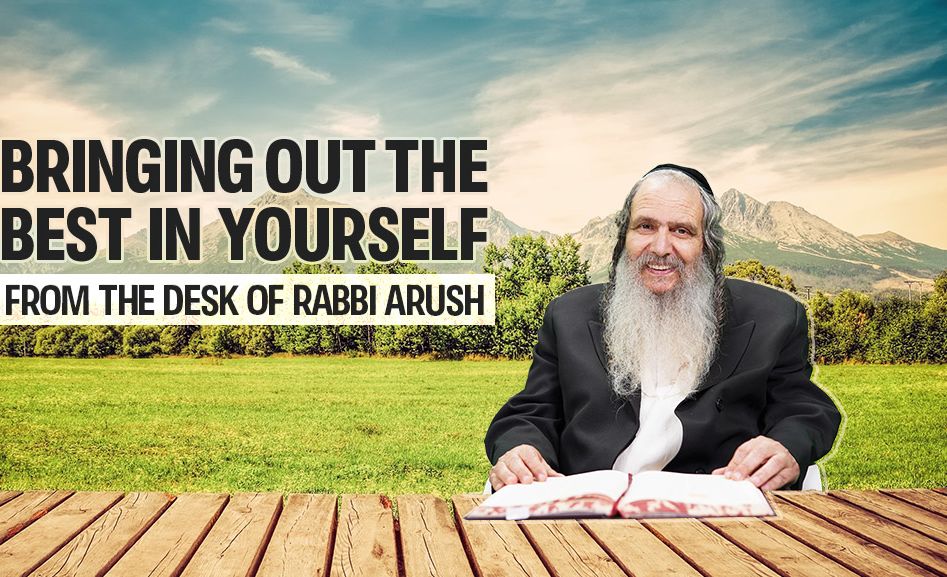
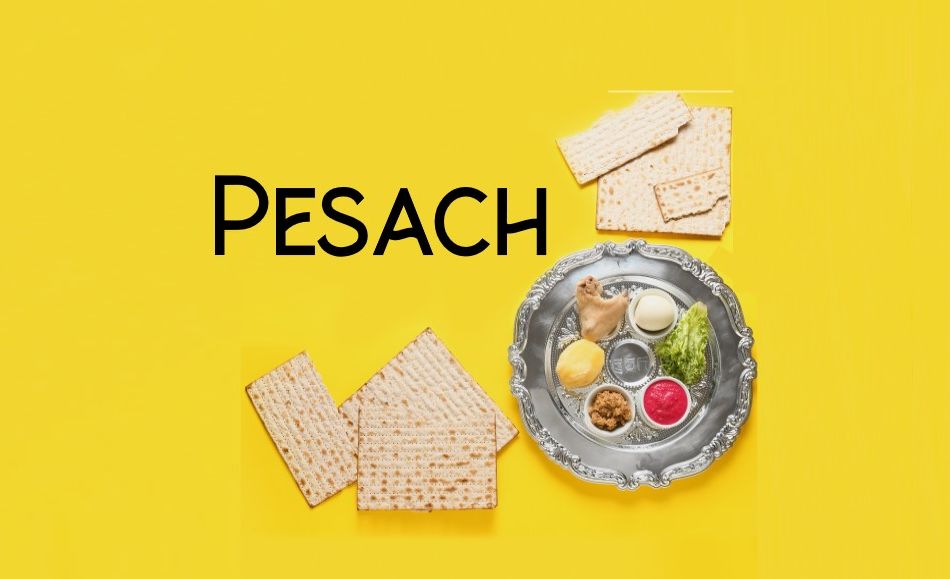

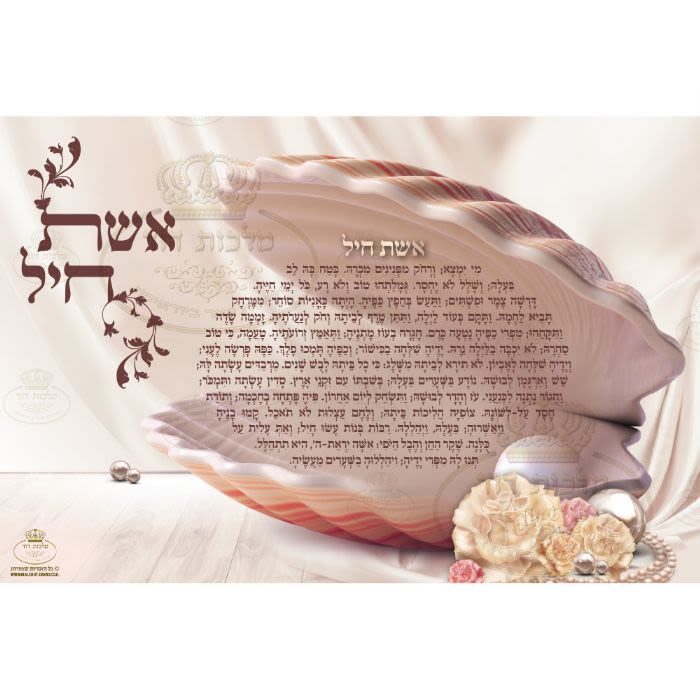




Tell us what you think!
Thank you for your comment!
It will be published after approval by the Editor.